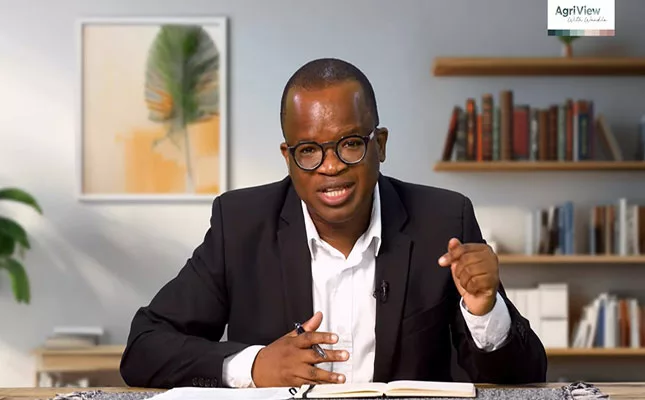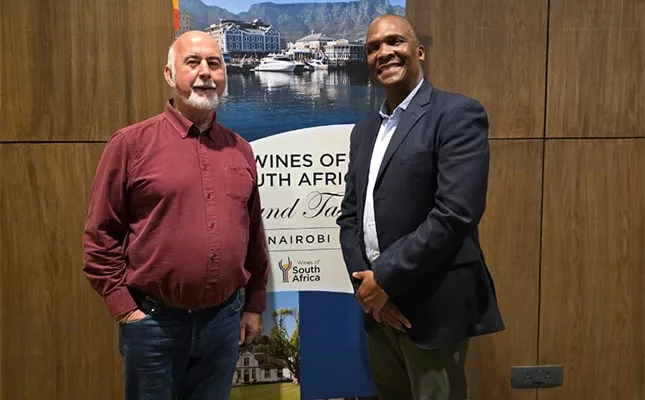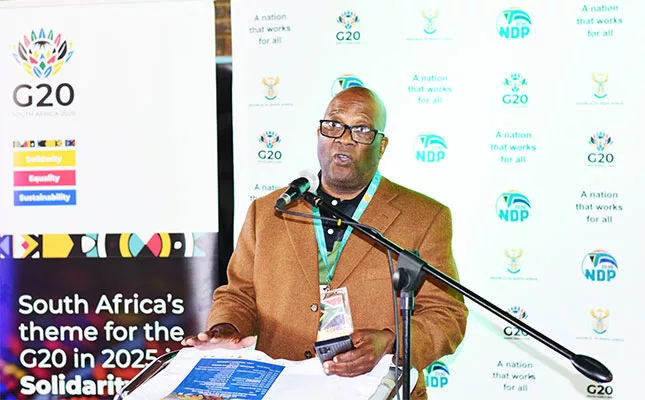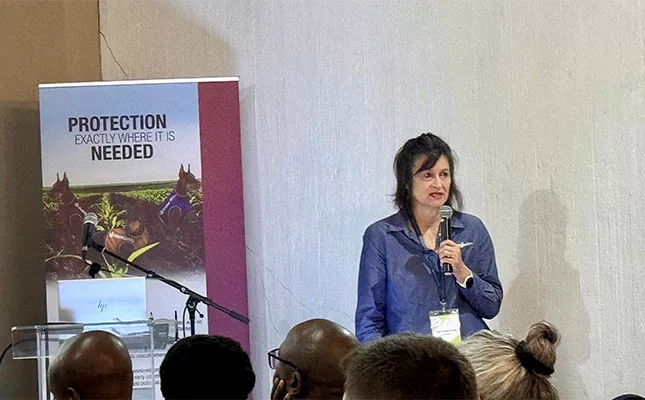Surviving agriculture in Zimbabwe
Deon Theron, vice president of the Commercial Farmers' Union (CFU) in Zimbabwe, was in Johannesburg for the recent emergency Southern African Development Community (SADC) summit. Rudi Massyn was there and...
Why invest in co-ops?
Jannie Mouton, investment maverick and CEO of Zeder Investment, started investing in agribusinesses in the early 1990s, when IT technology was all the buzz. Amidst much scepticism, Zeder is today...
Purchase is the new CEO of ABC
Markets are business, and globalisation is opening up markets to agribusiness. This is one of many reasons why Dr John Purchase is excited to be the new CEO of the...
BEE: the do’s, the don’ts and the maybe’s
The five-year process of drafting the AgriBEE Charter is nearing completion and it could be finalised and gazetted in the next three months. Wilma den Hartigh asked Tobias Doyer, CEO...
A jumpstart for sector productivity
Between 2004 and 2005, agriculture's real output grew at 4,1%, although employed labour was down by 10,9%. The National Productivity Institute (NPI) wants to develop a culture of productivity, and...
SA BIOFUEL INDUSTRY: do we have what it takes?
Maize farmers hope to sell their surpluses to the biofuel industry. A study has shown SA's maize belt in North West and the Free State is an ideal location for...
Climate change will crush Western Cape crops
The debate around whether global warming exists is well and truly over, says Dr Stephanie Midgley, a leading scientist in the field of climate change at the University of Stellenbosch....
The ARC looks to the future
Seven months after taking over as head of the Agricultural Research Council (ARC), Dr Shadrack Moephuli, chief executive officer, has many plans for the council, its shareholders and the country's...
SA tobacco: necessary monopoly?
Like many other South African agricultural products, tobacco had to overcome huge difficulties when thrown into the free market. The tobacco industry devised a solution to ensure its survival, but...
BFAP’s five-year agricultural baseline
The Bureau for Food and Agricultural Policy (BFAP) recently announced its June 2007 to 2012 baseline for SA's agricultural sector. The baseline is not a forecast, but rather a benchmark...
Wanted: overseas street-smarts
We're streets behind New Zealand and Australia when it comes to marketing our agricultural produce, says Mohammad Karaan (right), chairperson of the National Agricultural Marketing Council, and government should take...
SA farming – make good on bad image
Should agriculture in South Africa be concerned about its image? And what can be done to rectify the “bad image” it has in certain quarters? Alita van der Walt speaks...
ADVERTISEMENT
MUST READS
ADVERTISEMENT
ADVERTISEMENT





